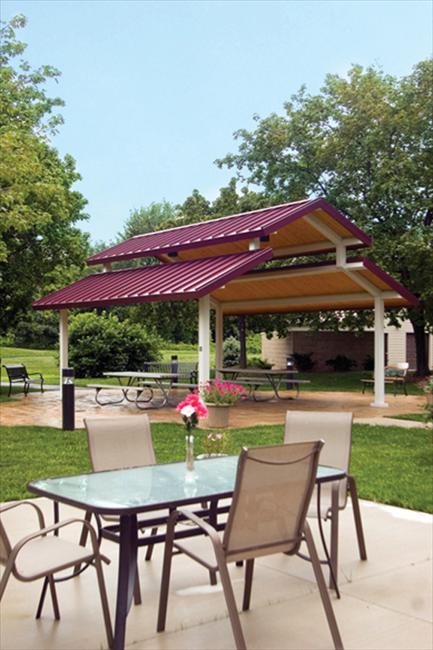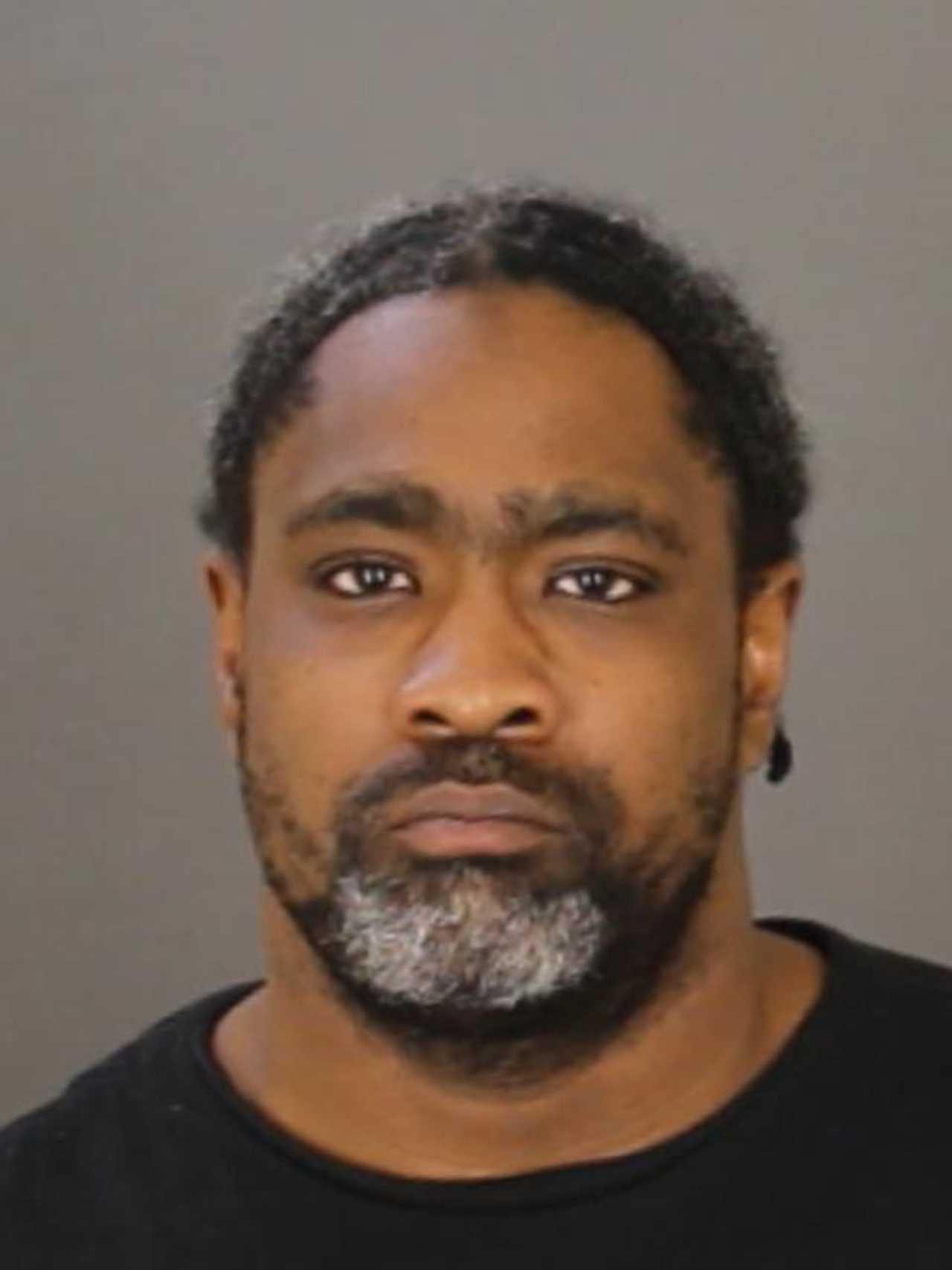Are you struggling to find an apartment in Baltimore after facing eviction or having a broken lease? Finding housing can seem daunting, but it is not impossible. Baltimore offers resources and opportunities for individuals with less-than-perfect rental histories. From specialized services like Second Chance Apartments to government programs aimed at preventing evictions, there are pathways to secure stable housing even if your past includes financial difficulties or legal challenges.
Baltimore’s housing market has long been competitive, particularly in areas such as Columbia-Towson, often referred to as Central Maryland. For those dealing with the aftermath of evictions, broken leases, or non-violent criminal records, securing an apartment might feel overwhelming. However, organizations and initiatives exist specifically to assist these individuals. Services like Second Chance Apartments focus on connecting renters with landlords who are open to considering applicants with blemished rental histories. These apartments cater to tenants willing to demonstrate their ability to maintain timely payments moving forward. Furthermore, understanding local laws and utilizing available resources can significantly ease the process.
| Personal Information | |
|---|---|
| Name | [Individual's Name] |
| Date of Birth | [Date] |
| Contact Details | Email: [email address], Phone: [phone number] |
| Location | Baltimore, MD |
| Career | Rental Consultant / Housing Advocate |
| Professional Affiliations | Member of Maryland Department of Human Services |
| Reference Website | Maryland Emergency Assistance Program |
In addition to private services, state-level programs also play a crucial role in helping residents avoid eviction. The Maryland Department of Human Services provides emergency cash assistance under its Emergency Assistance to Families with Children (EAFC) initiative. This program assists families facing imminent eviction by covering rent arrears or utility bills. Eligibility requirements include proof of address—such as an apartment lease or rent receipt—and documentation of the emergency situation, like an eviction notice or utility cut-off warning. While funding availability varies, this resource serves as a lifeline for many households struggling financially.
Another notable effort is the Strategic Targeted Eviction Prevention (STEP) Program, launched in Baltimore County in 2021. STEP fosters collaboration between tenants and landlords to prevent evictions before they escalate into formal proceedings. By facilitating communication and mediation, the program aims to resolve disputes amicably while ensuring both parties’ rights are respected. Participation depends on landlord cooperation, making tenant-landlord relationships integral to the program’s success.
For those actively searching for second-chance apartments, online platforms provide valuable listings. Websites like YP.com aggregate information about properties that accommodate tenants with eviction histories or bad credit scores. Furnished studios offering short-term rentals represent one option worth exploring. Such arrangements allow prospective renters to rebuild trust with landlords over time. Prices typically include utilities and optional amenities like furniture and Wi-Fi, simplifying budgeting considerations.
Housing stability remains a priority for Baltimore County officials. Although new intake forms for rental assistance are currently suspended, ongoing efforts emphasize voucher programs and other subsidies designed to support low-income families. Tenants receiving housing choice vouchers benefit from reduced monthly costs, enabling them to allocate more resources toward improving their credit profiles or addressing other pressing needs.
Community engagement plays a pivotal role in addressing housing insecurity. Organizations across Maryland advocate for policies promoting fair housing practices. They educate renters about their rights and encourage proactive measures to mitigate risks associated with late payments or lease violations. Education empowers individuals to navigate complex systems confidently and assertively.
Ultimately, finding an apartment in Baltimore despite previous setbacks requires persistence, knowledge, and access to appropriate resources. Whether through dedicated services like Second Chance Apartments, governmental programs such as EAFC or STEP, or leveraging digital tools to locate accommodating landlords, solutions do exist. Residents must remain vigilant in pursuing options tailored to their unique circumstances. With determination and support, achieving housing stability becomes attainable.
As Baltimore continues to evolve, so too does its approach to tackling housing challenges. Innovative strategies emerge regularly, reflecting a commitment to fostering inclusive communities where everyone has access to safe, affordable shelter. Staying informed about emerging trends and participating in discussions surrounding housing reform ensures progress remains at the forefront of public discourse.
Remember, overcoming obstacles related to evictions or poor credit does not define your future prospects. Instead, view each step along the journey as an opportunity to grow stronger and wiser. Utilize all available resources wisely, communicate openly with potential landlords, and prioritize maintaining consistent payment habits moving forward. Together, we can create a brighter tomorrow for all members of our community.



